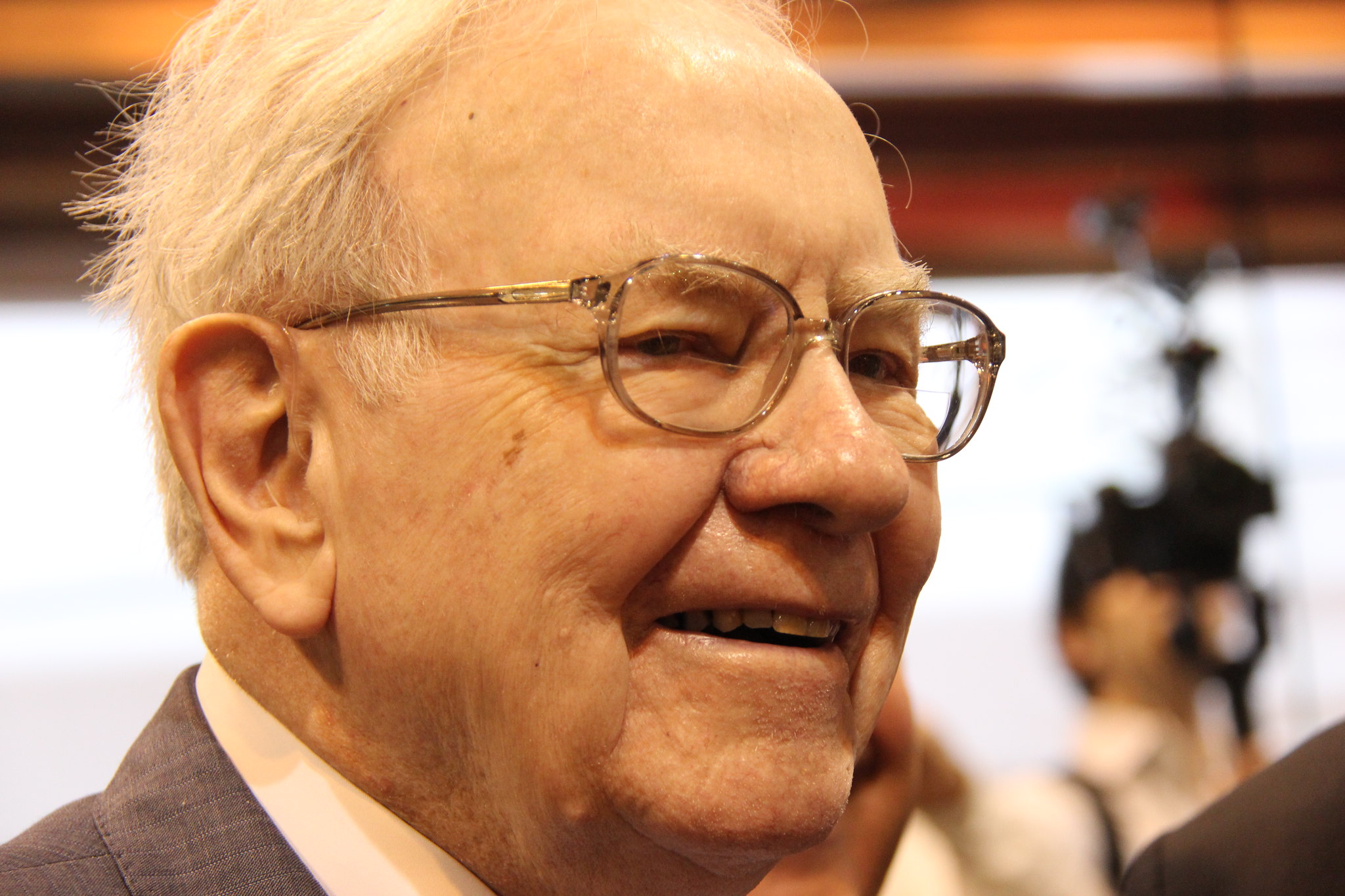Ultra-billionaire Jeff Bezos declares economic bubbles are “good”
On Friday, technology oligarch Jeff Bezos, the world’s fourth-richest man and the founder and chairman of Amazon, bluntly admitted that the US economy is in the midst of an economic bubble centered on technology stocks and claimed that this is “good.”
Bezos’s admission that the US is in the midst of an economic bubble breaks with decades of precedent. America’s billionaires, during major speculative manias, would deny that they were fueling an economic bubble, then chalk up the inevitable collapse to an unforeseeable act of God and collect trillions of dollars in government bailouts, supposedly for the common good of mankind.
This was the script in 2008, when the US government loaned over $7 trillion on emergency terms to prop up the values of over $30 trillion in financial assets. It was repeated in 2020, when the Biden and Trump administrations used the COVID-19 pandemic as a pretext to transfer trillions of dollars to over-leveraged banks and corporations via the “Cares Act” and emergency Federal Reserve intervention.
Referring to the massive run-up in share values for technology companies, Bezos declared, “This is a kind of industrial bubble.”
In admitting that there is a bubble in technology stocks, Bezos is undeniably right. Among serious financial analysts, every warning sign is flashing red. Technology companies with negligible earnings are planning to make investments based on assumptions that simply cannot, even in the most optimistic scenarios, come to pass. A recent article in the Wall Street Journal noted that leading technology companies have pledged more money to building AI data centers and associated technologies than the cost of building the US interstate highway system over four decades.
A recent analysis by Bain & Co. estimated that the current wave of infrastructure spending would require $2 trillion in annual revenue to pay for it, compared to the $45 billion in current annual revenue for AI-based software. And no one knows how this 40-fold increase is expected to come about.
But the massive overvaluation of the asset values of technology companies like his, Bezos said, is a good thing. Industrial bubbles “could even be good, because when the dust settles and you see who the winners are, society benefits from those inventions … and that’s what’s going to happen here.”
American history is full of such “industrial bubbles.” The most significant was the massive over-investment in industrial and technological capacity in the “roaring” 1920s, which was the ultimate cause of the 1929 financial crash and a major contributor to the Great Depression. These periodic bubbles have always led to the enrichment of swindlers and the impoverishment of masses of workers.
But this is not the 1920s or the 1930s. At that time, it was economic orthodoxy to allow markets to “purge” themselves. The motto was that of banker Andrew Mellon: “Liquidate labor, liquidate stocks, liquidate farmers, liquidate real estate. It will purge the rottenness out of the system.”
This outlook has been entirely rejected by the US political establishment. The entire framework of official economics has shifted to assertions that financial crises must be cushioned at all costs, through the provision not only of unlimited lending at favorable rates but also through direct government bailouts to banks and corporations. As a result, the potential collapse of financial bubbles threatens not only the balance sheets of major corporations but also the solvency of the US government, its central bank and the entire dollar-denominated monetary system.
It was these bailouts, in 2008 and in 2020, that created the conditions for the massive run-up in Bezos’s own wealth. In 2007, Bezos had a net worth of $8.7 billion. By 2018, 10 years after the 2008 crash, his wealth had surged to $161 billion. It has only grown further since then, to its present total of $250 billion.
Bezos defends the current overvaluation of financial assets on the grounds that the underlying economic development of generative AI will benefit society. No doubt, in an economic system organized to benefit society, known as socialism, generative AI would have a massive positive impact. But under capitalism, the impact of the vast labor-saving power of generative AI is primarily to replace entire classes of labor, driving up unemployment, driving down wages and increasing economic inequality.
Bezos knows, however, that the bubble is not confined to AI. The global cryptocurrency market has hit a valuation of $4 trillion, and Bitcoin is up $47 billion. Unlike generative AI, cryptocurrency has never shown itself to have any serious use outside of crime and money laundering.
What will be the response of governments when not only the AI bubble but also the cryptocurrency bubble suffers an inevitable meltdown? The Trump government will immediately spring into action, providing vast and unprecedented new sums for the bailout of Trump’s fellow oligarchs.
This raises the question of how this bailout will be paid for. The US federal debt has reached $37 trillion, and the debt-to-GDP ratio is at the highest level in US history. The price of gold, a proxy for market uncertainty about the solvency of the dollar, has hit $3,900, up 25 percent in just six months.
In reality, the knowledge on the part of the financial oligarchs that their wealth is propped up by an unsustainable financial bubble is behind the systematic efforts of the Trump administration to slash social spending, lay off hundreds of thousands of federal workers and destroy the key entitlement programs—Medicare, Medicaid and Social Security. They are fully aware that this money will be needed when the bubble inevitably bursts to bail out their bad debts.
The oligarchs are likewise fully aware that there will be mass opposition to another major upward redistribution of wealth. This, ultimately, is what is behind their support for the effort of Trump to establish a presidential dictatorship.


